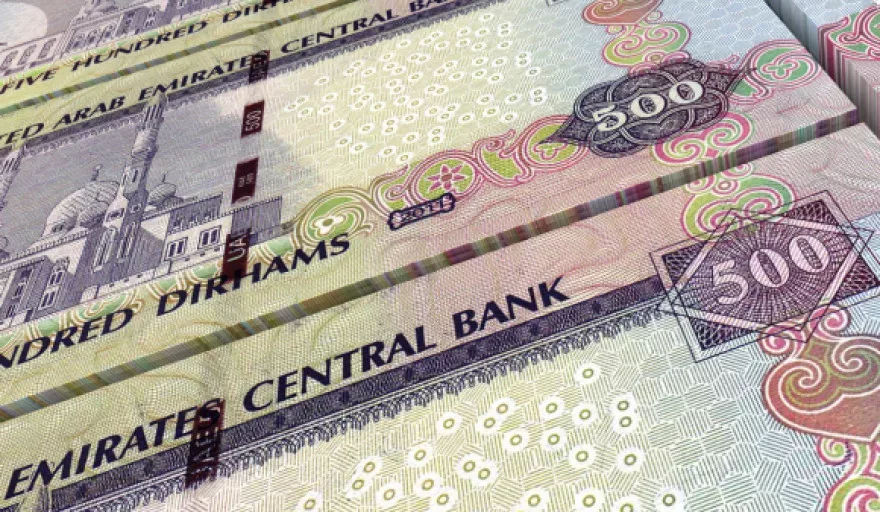Middle East Global Advisors, the conveners of the 12th annual Middle East Insurance Forum (MEIF), launched a comprehensive outlook report on the final day of MEIF 2016, the industry’s leading platform strategically supported by the Central Bank of Bahrain. The “Finance Forward Middle East Insurance Outlook Report 2016” is a unique report that serves as indispensable guide for the insurance leader making strategic decisions for 2016.
Speaking on the Outlook report, Ehsan Abbas, Chairman of Middle East Global Advisors, emphasised the sheer importance of the launching platform: “MEIF has served as the leading insurance platform shaping the direction of the industry and charting new ways for growth, and no doubt its successes largely stem from the unyielding support of the Central Bank of Bahrain.”
The uniqueness of the report, Mr. Abbas continued, is that it combines meaningful insights from insurance leaders – gathered from an extensive survey of practitioners’ sentiment – with robust analysis of the impact of the global economy on the Middle East’s insurance markets. The report also provides industry participants with dynamic and visual ranking of Insurance companies as compared to their peers at the regional and national level based on various financial metrics.
Blake Goud – Chief Research Officer of Middle East Global Advisors who spearheaded the Report – shared that in 2014, growth in commercial lines grew at just 6.6 percent (compared to 19.6 percent for personal lines) in the Middle East (GCC and Turkey and Jordan); with Saudi Arabia, Jordan and Bahrain enjoying significant premium growth in Personal Lines segment.
According to Mr. Goud, existing markets are not big enough to support domestic insurers at current numbers even if there is less competition from international insurers. Pointing to the industry-wide combined ratio (which in the largest markets exceed 100 percent), Mr. Goud said that the gap is filled with net investment income, which has few low-risk investments and is too heavy on real estate.
The report also demonstrates that underwriting is very competitive in most markets and on aggregate insurers rely heavily on investment income to make up the difference. This exposes insurers to solvency risks if their investments perform poorly.
“Bahraini and Kuwaiti insurance companies have good combined ratios and the companies elsewhere should develop their business model to move towards underwriting profitability and reduce their dependence on net investment income,” Mr. Goud concluded.
In terms of strategy, the report’s survey results show that a shift in investment portfolios in terms of deviating away from real estate investments is on the cards. In fact, approximately 38 percent of respondents plan to decrease such investments.
The “Finance Forward Middle East Insurance Outlook Report 2016” can be downloaded here.
The 13th edition of MEIF will take place in February, 2017. For updates, visit www.meglobaladvisors.com.






























